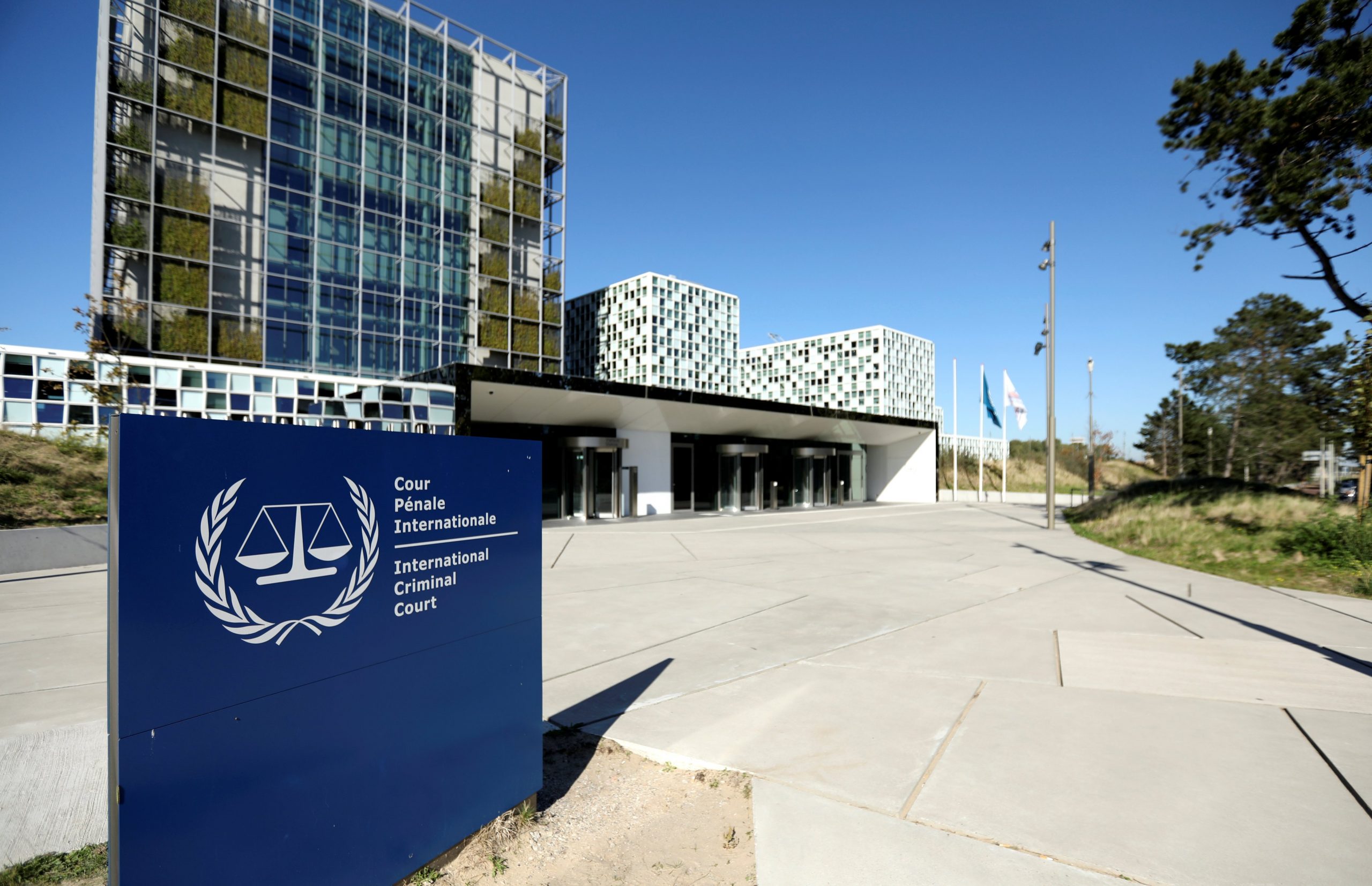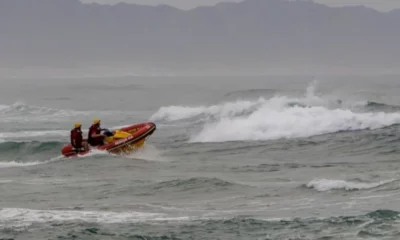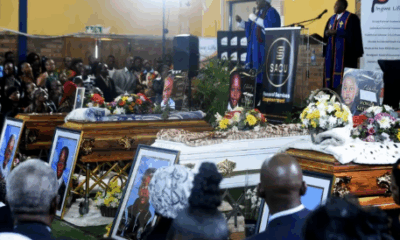News
South Africa Slams US Sanctions on ICC Judges: “A Dangerous Precedent”

Pretoria voices outrage over what it sees as a direct threat to the rule of law
In a move that has sent shockwaves through diplomatic and human rights circles, the Trump administration has sanctioned four judges of the International Criminal Court (ICC), drawing fierce criticism from South Africa’s Department of International Relations and Cooperation (Dirco). Pretoria has not minced words, calling the sanctions “a dangerous precedent” and a blatant attack on the independence of the world’s foremost court for crimes against humanity.
The Heart of the Conflict
The US, under President Trump, has long had an uneasy relationship with the ICC. That friction came to a head this week when US Secretary of State Marco Rubio announced sanctions against four sitting ICC judges: Solomy Balungi Bossa of Uganda, Luz del Carmen Ibáñez Carranza of Peru, Reine Adelaide Sophie Alapini Gansou of Benin, and Beti Hohler. These sanctions freeze any assets the judges hold in the US and prohibit American individuals or institutions from engaging in any transactions with them.
Rubio justified the move by accusing the court of overreach, saying it had “illegitimate and baseless” authority to investigate US nationals and allies. He specifically mentioned the ICC’s efforts to look into possible war crimes involving American and Israeli forces.
South Africa Pushes Back
South Africa, a founding member of the ICC and a vocal advocate for global justice, was quick to respond. Dirco spokesperson Chrispin Phiri expressed deep concern, saying the measures undermine the very foundation of international law.
“These are not just sanctions. They are threats designed to intimidate judicial officers performing their lawful duties,” Phiri said. “It undermines the independence of the ICC and chips away at global efforts to hold perpetrators of grave crimes accountable.”
He went on to say that the sanctions jeopardize the pursuit of justice for victims of genocide, war crimes, and crimes against humanity crimes the ICC was specifically created to prosecute.
Why This Matters for South Africa
For many in South Africa, the ICC represents more than just an international legal institution. It symbolizes the global commitment to accountability that the country’s own history painfully lacked during apartheid. South Africa was one of the early adopters of the Rome Statute, the treaty that established the ICC in 2002. That decision was guided by the country’s transition from systemic injustice to democratic rule — and a hope that never again would leaders be immune to consequences.
The Trump administration’s actions, many here believe, threaten to unravel that shared vision.
A Threat to the Global Legal Order
The ICC issued a strongly worded response, saying it “deplores” the sanctions and reaffirming its support for the affected judges. According to the court, these moves do nothing to protect civilians or victims of armed conflict, but rather embolden those who believe they can operate above the law.
“The court’s mandate comes from 125 member states, not from the whims of powerful governments,” the ICC’s statement read.
South African officials echoed that sentiment. “These types of sanctions encourage impunity,” said Phiri. “It’s the wrong message to send at a time when international accountability is already under pressure in places like Gaza, Sudan, and Ukraine.”
Political Motives or Legal Overreach?
This isn’t the first time the Trump administration has gone after the ICC. In 2020, sanctions were imposed on then-Prosecutor Fatou Bensouda, after she pushed forward investigations involving alleged US military abuses in Afghanistan. That move, too, was widely condemned though Trump’s base viewed it as a strong defense of national sovereignty.
South African legal experts, however, warn of a slippery slope. “When you punish judges for doing their jobs, you’re not defending sovereignty you’re rewriting the rules of justice,” said human rights lawyer Zanele Msimang. “If the most powerful nations can block justice when it suits them, where does that leave the victims?”
What’s Next?
While the immediate impact of the sanctions may be symbolic few ICC judges have personal assets in the US — the long-term effects could be more insidious. By setting a precedent, other countries may feel empowered to bypass international legal norms when inconvenient.
Dirco has reaffirmed South Africa’s commitment to the ICC and its principles, signaling it may join other nations in lobbying to overturn the US decision. There is also growing support among civil society groups and legal advocacy networks urging the Biden administration to review the move once in office.
For now, though, South Africa’s message is clear: international justice must not be held hostage to geopolitics.
{Source: The Citizen}
Follow Joburg ETC on Facebook, Twitter , TikTok and Instagram
For more News in Johannesburg, visit joburgetc.com



























